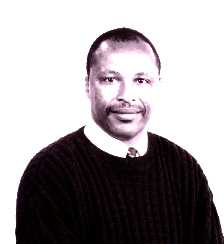 Coaching
the Sprint Hurdles
Coaching
the Sprint Hurdles
Article By: Tony Veney
One of the
difficult areas to manage as a coach is the development of your
sprint hurdlers (110 meter High Hurdles / 100 meter High Hurdles).
The books out there will give you plenty of technical things to
learn and apply, but what I want to touch on is the practice session
itself. One of the biggest problems continues to be the fact that
we take our best sprinters and sprint them and then take our second-tier
sprinters and hurdle them.
Beginning Hurdle Training
Article By: Fred Almond
Suppose you
are a young coach with little track & field experience. In your
pre-season meeting with your other coaches--three or four, some
"walk-ons" (maybe you are a "walk-on"). It is discovered that
last year's hurdle coach won't be back and no one wants to coach
the hurdles. The jump coach, shot put and discus coach, and the
distance coach all give convincing arguments why they can't coach
hurdles, and why you should coach hurdlers since you have the
sprints and relays. Disarmed, you reluctantly agree to take on
the responsibility.
 Coaching
the Hurdles
Coaching
the Hurdles
The Role of the Hurdle Coach
Article By Tonie Campbell: Olympian
The
role of the coach is to generate enthusiasm, discipline, concentration
and dedication for the training regiment. The coach must act as
a barrier, during practice, for outside contaminates and interference's.
The coach must also be counselor, friend, disciplinarian and savior
at any given time. Creating a mentally harmonious workout environment
is the coach's highest priority in order to get the most out of
the athlete.
 Hurdle
Workouts
Hurdle
Workouts
Article By: Tonie Campbell
Invented by Mr. Wilbur
Ross, this drill is widely recognized as the single most important
workout for the elite athlete during the competitive season.
![]()




